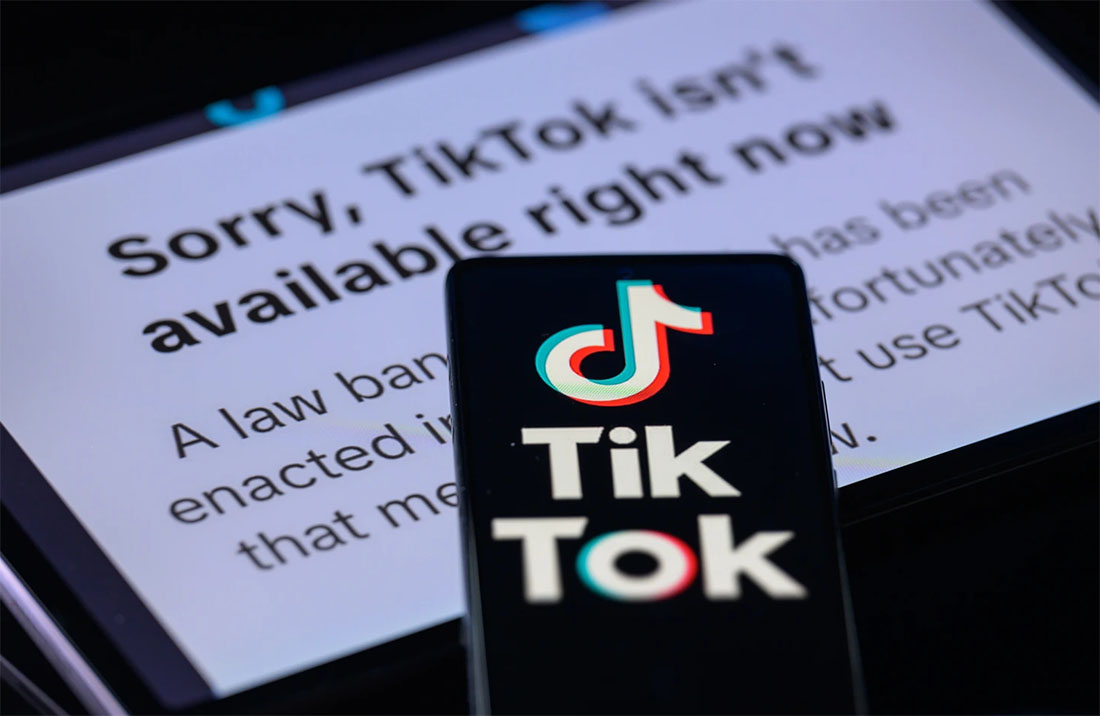
Photo Credit: Getty Images
On January 19, 2025, TikTok stopped working in the U.S., keeping about 170 million users in the dark as a federal ban took hold. The app opened onto a notification stating, “A law banning TikTok has been enacted in the U.S. Unfortunately, that means you can’t use TikTok for now.”
The development follows the April 2024 enactment of the Protecting Americans from Foreign Adversary Controlled Applications Act, which called for ByteDance, the China-based parent company of TikTok, to divest its U.S. operations by January 19, 2025, or face a nationwide ban. Its inability to sell means the app has been shut down.
The U.S. Supreme Court upheld the law in December 2024, after TikTok argued the ban violated the free speech rights of its American users. The court said the legislation targets control by a foreign adversary, not the content or speech on TikTok.
President-elect Donald Trump, who takes office on January 20, 2025, had indicated he would sign off on a 90-day extension for TikTok to finalize a sale to a U.S. company. “The 90-day extension is something that will be most likely done, because it’s appropriate,” he said. But no such extension had been officially issued as the app went dark.
We are fortunate that President Trump has indicated he will work with us on a solution to reinstate TikTok once he is in office,” said TikTok CEO Shou Zi Chew. Chew reportedly was attending the inauguration of President Trump in a sign that ongoing discussions are continuing in an effort to settle the situation.
The ban has drawn blunt reactions from both users and content creators on TikTok. Many felt frustration and were concerned about losing a platform that was a source of income and community to them. Now, Influencers have started looking for other platforms where they could continue their work: Instagram Reels, YouTube Shorts, and RedNote-a Chinese app.
Advocates for digital rights say it could have larger ramifications. Natalie Campbell, senior director for North American government and regulatory affairs at the nonprofit Internet Society, said an outright ban could drive users to unsafe workarounds, leaving them more vulnerable to cyberattacks. She said what was required was comprehensive privacy legislation which would protect users on all platforms and not take aim at one application.
The situation continues to unfold, with the future of TikTok in the U.S. still hanging in the balance. While President-elect Trump has signaled a willingness to negotiate a resolution, the path forward depends on ByteDance’s ability to meet U.S. demands within any extended timeframe and the outcome of ongoing legal appeals. For now, though, the shutdown of the app represents a pivotal moment in the ongoing debate over digital privacy, national security, and the regulation of social media platforms.
















